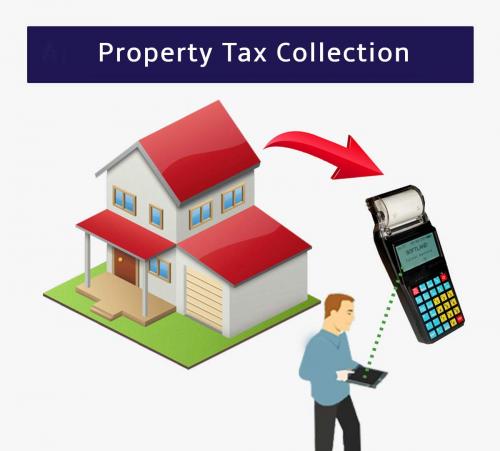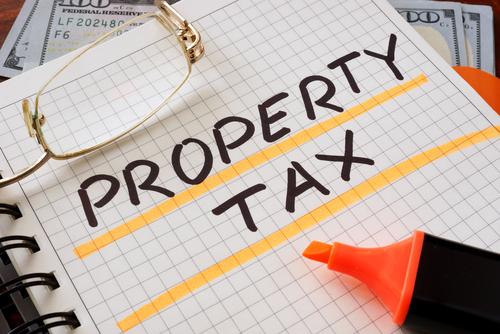All You Need To Know About The Loan Against Property Eligibility Criteria

A loan against property in India is an ideal financial solution to meet big-ticket expenses and emergencies such as funding your child's overseas education, paying for a grand wedding, consolidating your debts, purchasing a workspace or buying a second home. Since a property loan is a secured loan, you can access a hefty sum at lower interest rates as compared to unsecured loans.
However, to secure this loan, lenders require you to meet certain loan against property eligibility criteria that help them gauge your legitimacy and repayment ability. Generally, the loan against property eligibility criteria varies across lenders. But, the following are the common criteria for you to evaluate how you fare.
- Nationality & Age
Most lenders, whether banks or NBFCs, require you to be an Indian resident. Also, when applying for a loan against property, lenders require you to be aged at least 21 years. Some lenders have different age criteria for salaried employees, self-employed individuals, and applicants who are professionals. In addition to the entry age, the lender may also have a cap on the maximum age limit.
- Employment
When approving a loan against property application, lenders also look at your employment. This is important as it gives the lender insights into the stability of your income, which determines your repayment ability. Most lenders require salaried individuals to be working with the same organization for at least 2 continuous years. When it comes to the self-employed, lenders require you to be in the same business for 3 to 5 years.
- Income
Next, lenders look at your income to learn whether you have enough financial means to repay the loan. Typically, this criterion is based on your city of residence and employment or profession. A regular and adequate source of income reassures the lender that you are a low-risk applicant. If you don’t have sufficient income, disclose additional earnings, if any, like rental income, interest earned, and others.
- Credit Score
Lenders require you to have a credit score of 750 or above. A credit score is a measure of your creditworthiness. It speaks about your credit behavior in the past. A good score means that you are financially responsible and have not defaulted on repayments in the past. A bad score, conversely, means that you are financially irresponsible and may default on loans, which is a great threat to lenders. So, maintain a good credit score at all times.
- Existing Debts
Another factor that lenders consider is your existing debts and its quantum. Having outstanding loans and credit card dues may pose a threat to your loan approval, especially if you have a low credit score, bad repayment history, and insufficient income. An additional loan will only add to your financial woes, which may encourage you to default on this loan. Try repaying your existing debts in full or to a good extent so that you can manage a new loan better. Apply when your loan to income ratio stands lower at 30% or less.
- Property
Finally, make sure that your property is free of legal disputes and that it adheres to the guidelines as laid down by the local authorities. Additionally, in case your property is co-owned by several individuals, lenders require each of them to assent to pledging it.










Comments